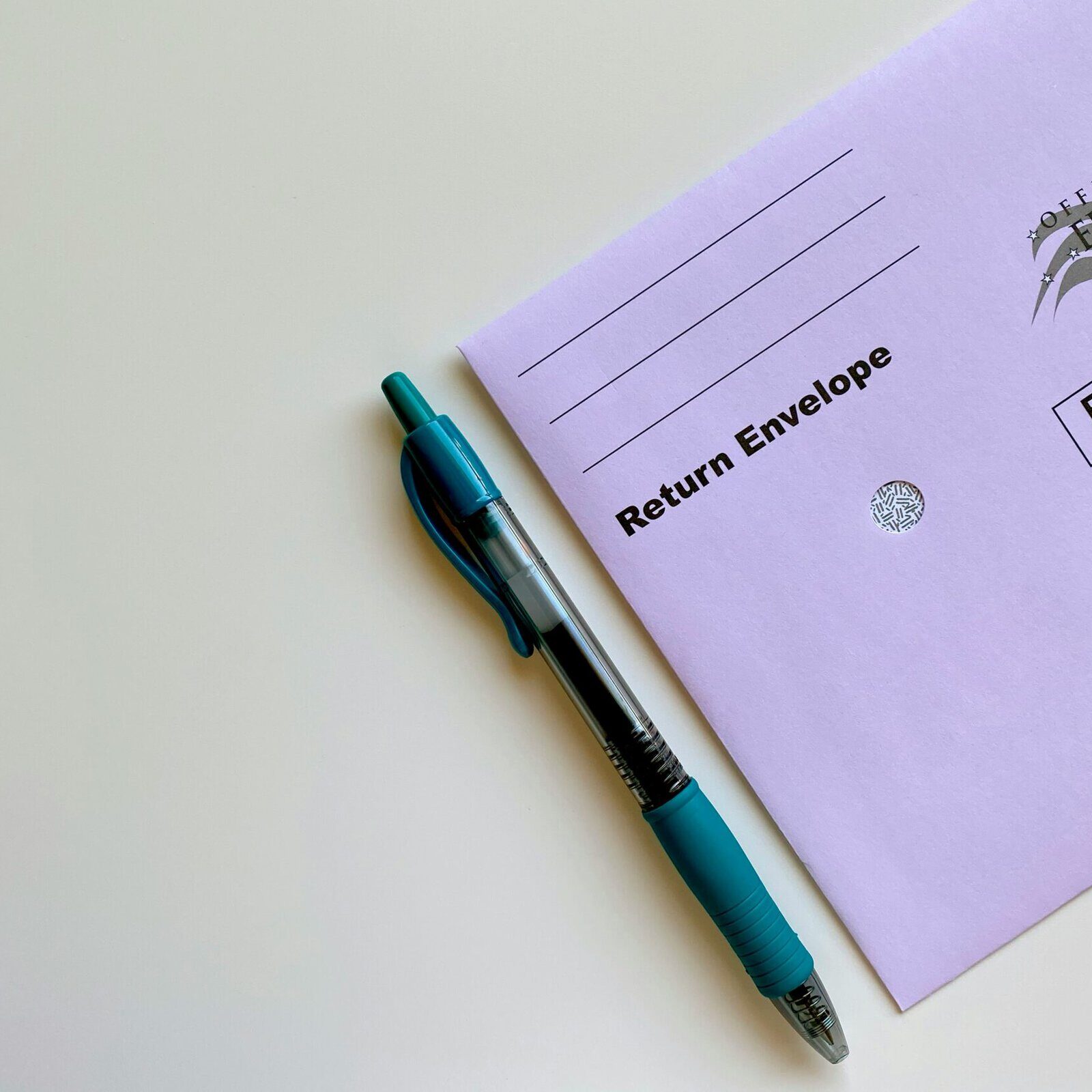Nomination Period: September 2 - 30
SIOP Executive Board Officer nominations occur from September 2 - 30. Members are encouraged to put forth candidates who will contribute to the organization's leadership.


Voting Period: November 3 to December 1
Following the nominations, voting opens from November 3 to December 1.
Officer Election Results Announced: December 4
On December 4, SIOP members learn who will lead the society for the next year.



